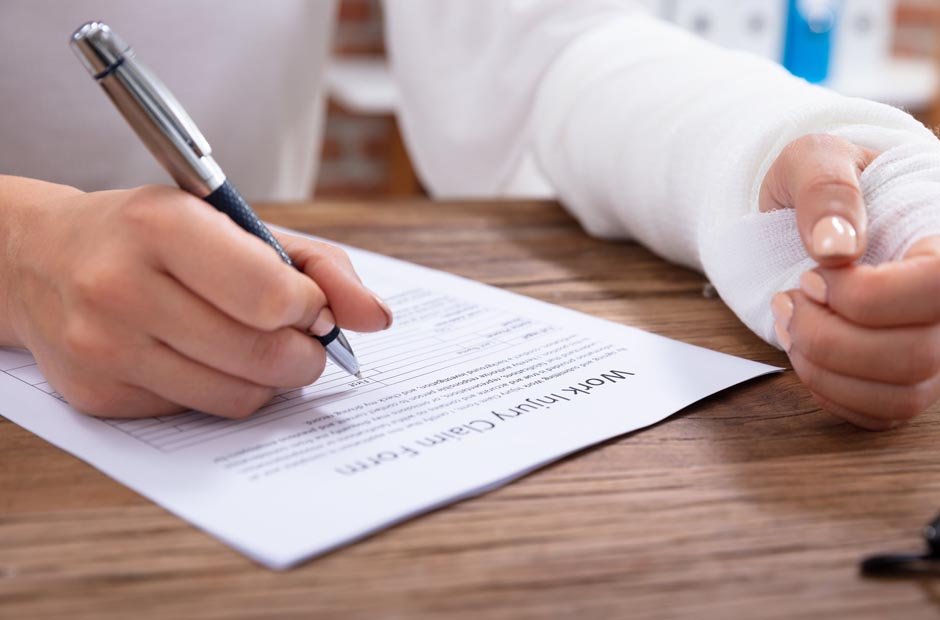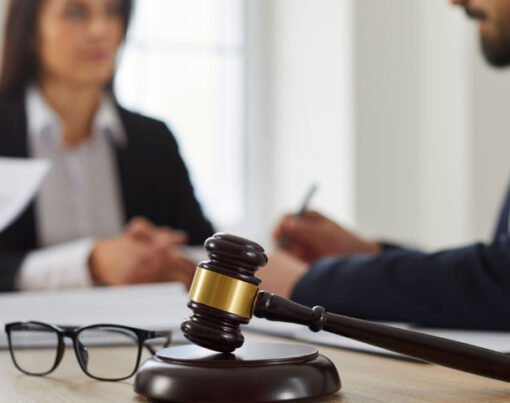Driving under the influence (DUI) is a serious offense that can result in severe consequences, not only for the driver but also for those involved in an accident. If you have been involved in a DUI crash, whether as a driver or a victim, it’s crucial to understand how insurance claims work and what steps you need to take.
Let’s explore the ins and outs of DUI crash insurance claims to help you navigate this complicated process.
Table of Contents
Understanding DUI Crash Insurance Coverage
First, it’s important to know what kind of insurance applies in a DUI crash. Usually, both people in the accident will have car insurance with liability coverage. This means that if you caused the accident, your insurance will pay for the other person’s damages and injuries, up to your policy limits.
However, if you are guilty of driving under the influence, your insurance might not cover the damages or injuries. Most car insurance policies exclude coverage for illegal activities, like DUI.
Filing a Claim After a DUI Accident
The process of filing a claim after a DUI crash is similar to any other car accident claim. Here are the steps you should take:
Report the Accident to Your Insurance Company
Even if you are at fault, it’s crucial to report the accident to your insurance company as soon as possible. This will start the claims process and allow them to gather all necessary information.
Provide Necessary Information
Be prepared to provide your insurance company with all the necessary information. This includes the police report, details of the accident, and any photos or videos you may have taken.
Cooperate with Investigations
If there is a criminal investigation for a drunk driver accident, it’s important to cooperate with authorities. This can also help strengthen your insurance claim by providing evidence of fault.
Insurance Coverage for Victims of DUI Crashes
If you are a victim of a DUI crash, here are the types of insurance coverage that can help you:
Liability Coverage
As mentioned earlier, the at-fault driver’s liability coverage should cover your damages and injuries up to their policy limits.
Uninsured/Underinsured Motorist Coverage
If the at-fault driver does not have enough insurance to cover your damages or doesn’t have insurance at all, your own uninsured/underinsured motorist coverage can help fill the gap.
Personal Injury Protection (PIP)
This type of insurance covers medical expenses and lost wages for you and your passengers, regardless of fault. PIP is mandatory in some states, but optional in others.
Collision Coverage
If you have collision coverage, it can help cover the damages to your vehicle. However, keep in mind that your insurance company may not cover the full cost of repairs if you were driving under the influence.
Seeking Compensation for Damages
In addition to liability coverage, you may also have uninsured/underinsured motorist coverage in your car insurance policy. This can help cover costs if the other driver does not have enough insurance or is uninsured.
You may also be able to seek compensation from the at-fault driver’s assets. If they have enough assets, this could help cover any damages or injuries you sustained in the accident.
Dealing with Claim Denials
If your insurance company denies your claim due to a DUI accident, it’s important to seek legal advice. A lawyer can help you understand your rights and options for seeking compensation.
It’s also possible that the other driver’s insurance company will deny your claim if they believe you were at fault for the accident due to being under the influence. In this case, it’s best to seek legal representation to fight for your rights.
Appeal Process
If your claim is denied, you have the right to appeal the decision. This process may involve providing additional evidence or arguments to support your claim.
Future Insurance After a DUI Crash
In some cases, a DUI crash can result in an insurance company canceling your policy or significantly raising your rates. Here’s what you should know about future insurance after a DUI crash:
High-Risk or Non-Standard Insurance
If your policy is canceled, you may need to seek out high-risk or non-standard insurance. These policies are typically more expensive and provide less coverage than standard policies.
SR-22 Filing
In some cases, if you have been convicted of a DUI, you may be required to file an SR-22 form. This is a certificate of insurance that proves you have the minimum car insurance coverage required by your state.
Shop Around for Quotes
Even with a DUI on your record, it’s still possible to find affordable car insurance. It’s important to shop around and compare quotes from different companies to find the best deal. For instance, car insurance quotes in California may vary greatly from those in Florida, so it’s important to research your options.
Rebuilding Your Record
One way to potentially lower your insurance rates after a DUI crash is by rebuilding your record. This includes maintaining a clean driving record and possibly taking defensive driving courses to show that you are committed to safe driving.
Legal and Financial Assistance After a DUI Crash
Dealing with the aftermath of a DUI crash can be overwhelming, both emotionally and financially. It’s important to seek legal and financial assistance if you are struggling to navigate the insurance claims process.
Legal Aid
Many organizations offer free or low-cost legal aid to those in need. This can be especially helpful if you are facing criminal charges related to the DUI crash.
Financial Counseling
If you are struggling financially after a DUI crash, consider seeking financial counseling. They can help you create a budget and manage any expenses related to the accident.
Rehabilitative Services
If you were the driver in a DUI crash, it’s important to seek rehabilitative services to address any underlying issues with alcohol or substance abuse. This can not only help prevent future accidents but also show insurance companies that you are taking responsibility for your actions.
Understand DUI Crash Insurance Claims with this Guide
Dealing with a DUI crash can be a complex and daunting process, especially when it comes to insurance claims. With this guide, you can navigate this difficult situation more effectively. Remember to always drive responsibly and never get behind the wheel while under the influence.
Is this article helpful? Keep reading our blog for more.










